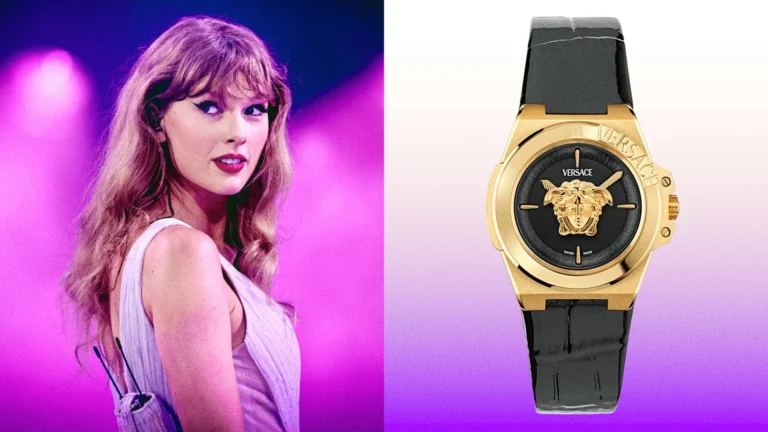Sydney Sweeney’s latest campaign with American Eagle has caused a cultural uproar—not for the fashion, but for a pun that many say crossed a dangerous line. Launched on July 23, 2025, the ad features Sweeney with the tagline: “Sydney Sweeney Has Great Jeans.” A seemingly harmless play on words took a controversial turn when the actress quipped, “Genes are passed down… My jeans are blue,” in a promotional Instagram video.
But what was meant to be clever wordplay quickly turned into a flashpoint for debate on race, privilege, and messaging in advertising.

What Sparked the Backlash?
Critics slammed the ad as a “eugenics dog whistle,” particularly in the context of Sweeney’s blonde hair and blue eyes. The Guardian and other outlets pointed out that such wording could be interpreted as promoting racial superiority—a troubling association with eugenics, which is the discredited belief in improving the genetic quality of humans through selective breeding.
On social media, the reaction was swift and loud. The phrase “great jeans” trended across platforms, racking up 3.5 million mentions on X (formerly Twitter). TikTok creators drew links between the pun and historical pseudoscience that favored certain races over others, adding fuel to the outrage.
American Eagle’s Response: Standing Firm
On August 1, American Eagle issued a public statement doubling down on their messaging. They clarified that:
“‘Sydney Sweeney Has Great Jeans’ is and always was about the jeans. Her jeans. Her story.”
The brand emphasized its commitment to inclusivity, later posting a photo of a Black model wearing similar denim, with the caption:
“AE has great jeans.”
This was seen by some as a strategic move to broaden representation, but others dismissed it as “corporate damage control.” Social media influencers like @PopCultureVibe accused the brand of scrambling to soften the backlash, despite the controversy having already boosted their stock value by 18%, adding $310 million to the company’s market cap.
Internet Reactions: Divided Opinions
The internet remained deeply divided. While many criticized the pun as tone-deaf, others defended the ad as harmless fun. One viral TikTok comment, with over 3 million views, stated:
“This echoes the language used in racial hierarchy theories. It’s not just a joke.”
On the other side, right-wing commentators including Senator Ted Cruz praised the campaign as a blow against “woke advertising.” One post read:
“Sydney’s jeans just ended woke ads. Bravo.”
Meanwhile, artists like Lizzo and Doja Cat poked fun at the campaign in satirical videos, further stoking the online conversation.
Sydney Sweeney’s Silence: Smart or Risky?
While American Eagle responded quickly, Sydney Sweeney has remained silent, a move that has drawn criticism from PR professionals. Some have called it a “toxic time bomb,” warning that her lack of response could damage her brand long-term.
Others argue that staying silent might be a strategic move to avoid escalating the situation, especially given the heated climate surrounding race and media.
What Everyone’s Missing: The Charity Angle
Amid all the noise, the campaign’s charitable aspect has largely been overlooked. The featured “Sydney Jean” includes a butterfly emblem, symbolizing support for domestic violence survivors. All proceeds from the jean are being donated to the Crisis Text Line, a nonprofit offering 24/7 mental health support.
Yet, despite this well-intentioned cause, critics argue that the pun has overshadowed the campaign’s core message, turning a charity-driven project into a PR nightmare.
Controversy Sells—But At What Cost?
The controversy didn’t stop people from buying. The jeans sold out in just 48 hours, and American Eagle’s stock soared. While the brand may be enjoying the commercial benefits, Sydney Sweeney’s image is taking the bigger hit.
This situation highlights the thin line between clever marketing and cultural insensitivity. In a hyper-aware digital age, even a pun can ignite national debates, shape brand narratives, and affect celebrity reputations.
The American Eagle x Sydney Sweeney campaign is a case study in how modern advertising must tread carefully. What starts as a play on words can quickly evolve into a nationwide controversy, especially when it touches on deep-rooted issues like race and privilege.
The campaign’s success proves that controversy can drive sales, but it also serves as a reminder: brands must think beyond virality and consider the social context in which their messages are received.
What do you think? Was the pun innocent or offensive? Share your thoughts in the comments.






